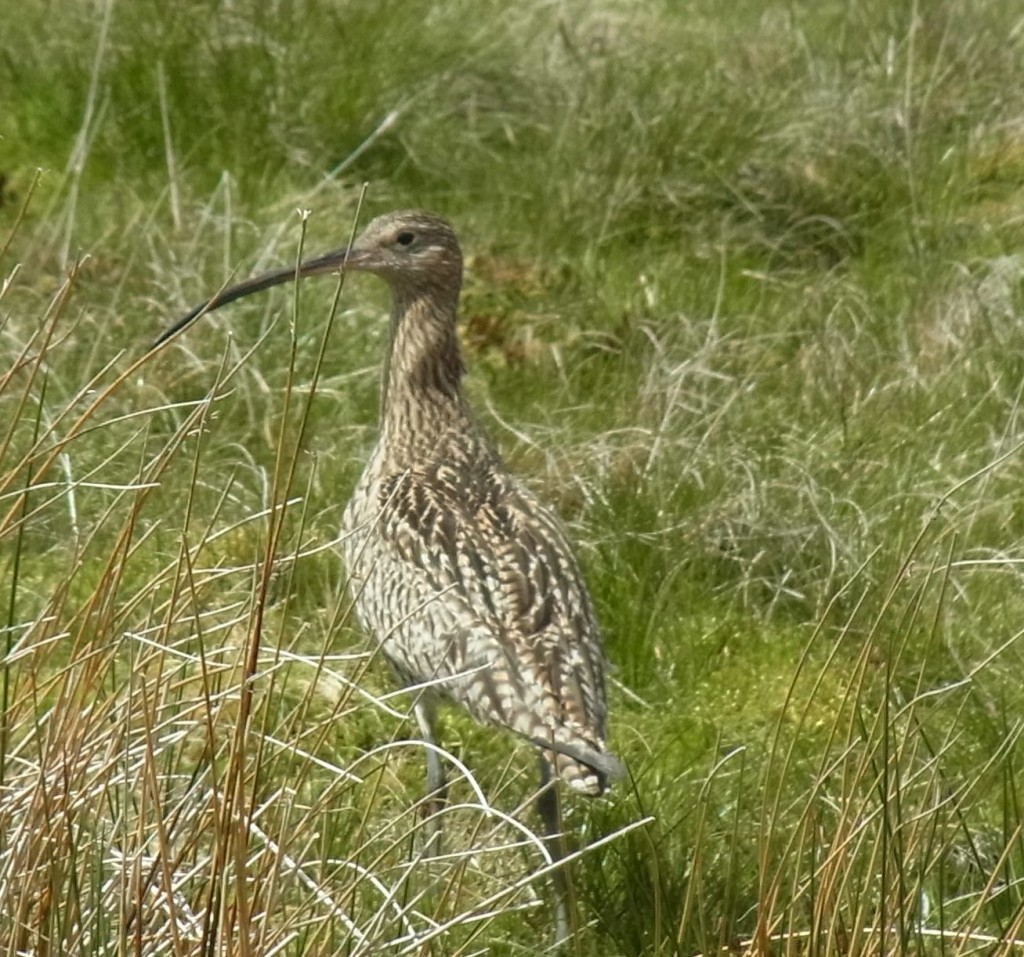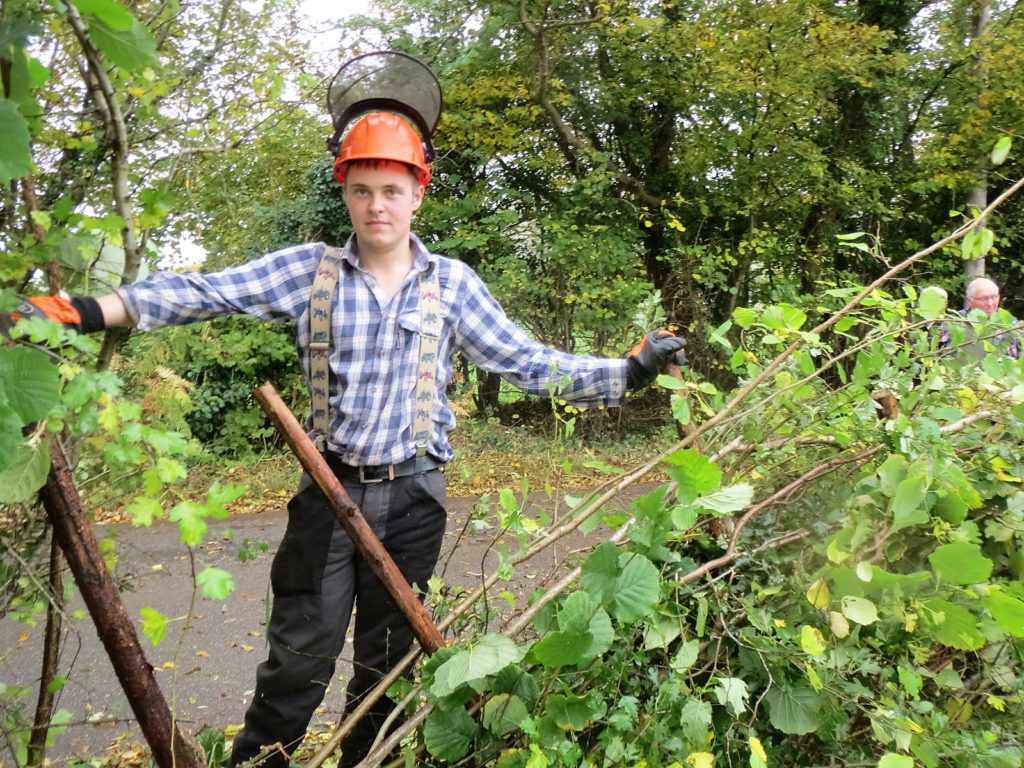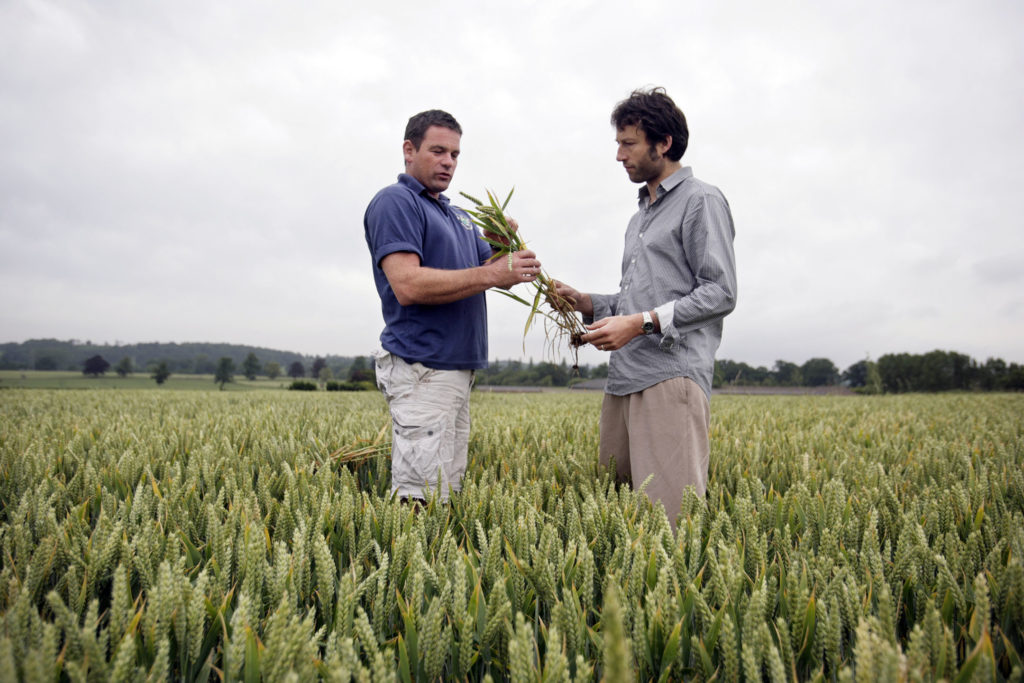On ringing the head office to query the language in the ‘Bob for Nature’ campaign letter I received.

Could someone please explain this sentence to me: “despite our efforts…..ancient woodlands destroyed, hedgerows flailed and uprooted, fields forsaken – and a staggering 60% of our species in decline”?
They were most apologetic. It was not intended for me as an existing member, but was ‘targeting those who had never even heard of the word nature.’
A letter dumbed-down to engage those who had no idea what ‘nature’ meant! To unpack the sentence. Ancient woodlands are ‘destroyed’ – is that after high winds, via chalara, or by development? At least those without any form of biodiversity offsetting as we do like driving fast on new by-passes around traffic-jammed conurbations without spotting hedgehogs in time.

The Hedgerow Regulations 1997 prevents the removal of any hedgerow without licence and rotational flailing is not all bad news for bird nests. I don’t hold out much chance for rewilding if we fear ‘forsaken fields’.
And that bugbear of mine. 60% decline in species as noted in the 2013 State of Nature forgot the small print about it being based on 5% of species on which we have robust data. We don’t learn.
It was repeated in 2016’s State of Nature report rottenly ‘framed’ in a leak to the media (see here) as well as then being aired on BBC Countryfile three days in advance of the launch. Much to the chagrin of some of the scientists involved. There’s no denial of how bad things are, but let’s try to stick to facts to enable robust engagement.
When I talked to a conservation NGO audience at Communicate, they shifted uneasily in their seats when I asked how we could be braver, more honest in talking openly about conservation to a largely disinterested, disengaged highly urbanised society. Now referred to as the “mass mindset” by eNGOS.
‘We risk losing members if we tell the truth‘ was a chillingly common refrain from the floor. It did beg the question as to which departments actually ‘run’ some of the conservation organisations.

I believe we, as society, are more savvy in being able to handle more honesty around complex conservation. Explain the conflated matters of wildlife conservation and animal welfare as separate matters. Say what a wicked problem is. Work together in defending what we hold dear without getting too defensive or offended by tough questions.
So, rather than just hoping for the best, issuing virtue signals en-masse, why not take action in going to see a farmer, forester, wilder, biologist, gamekeeper to ask them your own tough questions in what they are doing to look after nature for all of us.
Revised, updated Sept 2018, March 21

We are all guilty of dumbing down, especially if we use social media platforms such as Twitter to reach out to the wider audience as well as trade-blows with our regular sparring partners. Experience suggests it is common on both sides of the conservation divide. I myself have been guilty in the past, especially on Twitter but also in meeting the demands of research bodies and clients wanting “user-friendly” or “non-specialist” descriptions of my work and data. It’s not always an easy thing to do, though I think I’m getting pretty good at it when given the luxury of 2000 words rather than 140 characters. I’ve written over 100 academic articles in journals and conference proceedings in my 30-odd year career as an academic but its is probably the non-peer reviewed thought pieces in ECOS (a non-IF rated journal) that have had the most impact of late. I’m in danger of digressing here but what I’m getting around to saying is that “dumbing down” is a necessity in today’s fast-paced, media driven, sound-bite society. The skill is rather getting the correct message across without it loosing any of it veracity or having to resort to half-truths (post-truth?) or hyperbole.
Getting back to some of your comments against dumbing down by the “green-blob” then I too have noted this trend. “Vote for Bob” and “Build it and they will come” are two of my favourite examples. The notion of “targeting those who had never even heard of the word ‘nature’… [and] those in socio-economic classes ‘lower’ than your own?” is typical, as is their attempts to expand their membership “to engage those who had no idea what ‘nature’ meant”… or is the real reason to maintain a healthy income stream from new members? But what nature and for who?
To further unpack the sentence on ancient woodlands being destroyed, then that may be true if being uprooted for development or farmland, but hardly the case if by high winds or chalara. The latter are examples of natural processes and any wood affected and left alone to recover on its own without the “helpful” intervention from RSPB or WT members wielding chainsaws and billhooks will be better for it. Non-intervention management or “rewilding” (and you know I don’t necessarily like the word) is a difficult sell for the nature NGOs simply because it doesn’t allow well-meaning members to get out and nature garden. It’s a difficult sell to the land management community (farming and game interests) because it implies a retrograde step back, relinquishing control and allowing nature to control its own destiny. This you cannot dumb-down.
You couldn’t want for a better example of “whataboutery”.